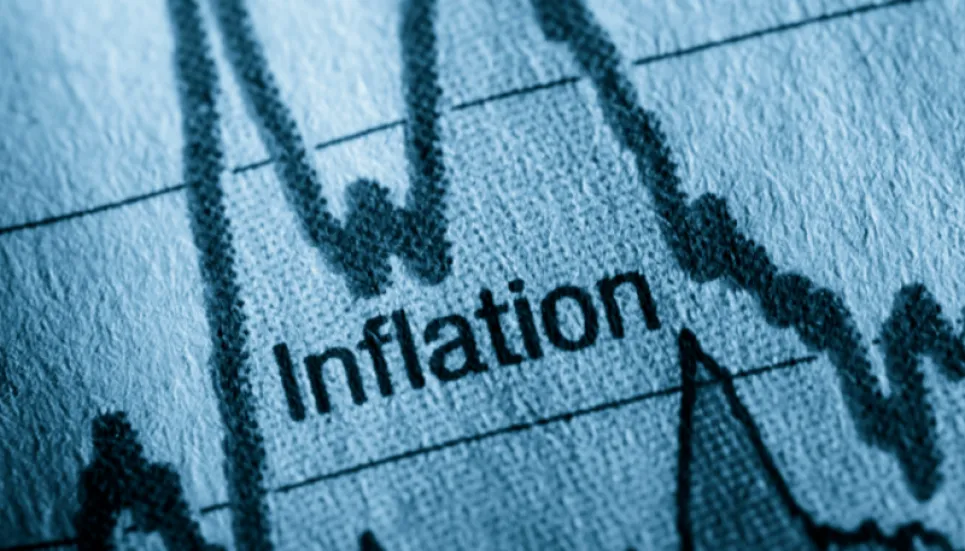Inflation woes grow as taxes on 90+ essentials rise

Muhammad Ayub Ali :
After the fall of the fascist Awami League (AL) government, the people were optimistic about finding relief from the burden of rising living costs.
However, this hope has diminished following an increase in inflation due to higher VAT and supplementary duty (SD) on over 90 products and services. This was a consequence of the interim government’s failure to negotiate the conditions of the IMF loan.
The interim government struggled to resist IMF pressure, despite widespread concerns from business leaders and stakeholders that tax hikes would exacerbate inflation, further straining consumers’ finances, slowing business activity, and weakening the economy, experts have warned.
In December 2024, following tax exemptions and VAT reductions on many essential consumables, the prices of a basket of goods and services saw a slight decline. However, inflation remains high at 10.89 per cent.
Yesterday, the government raised VAT and SD on more than 90 products and services, including fruits, juices, beverages, tobacco products, restaurants, mobile talk time and internet services, medicines, LP gas, biscuits, spectacle frames, tissues, grapes, apples, melons, ready-made clothing, and other goods.
Consumers will now have to pay up to 15 per cent VAT on restaurants, biscuits and cakes, pickles and tomato sauce, clothing, tailoring services, toilet tissue, napkins and towels, sweets, driving licences, non-AC hotels, spectacles, sunglasses, motor workshops, and lubricant oil-up from as low as 5 per cent.
To control inflation, the government can either increase taxes or print more money.
While raising taxes is the preferred option, doing so at a time of already high inflation may drive it even higher by mid-year, said Ghulam Rahman, former President of the Consumers Association of Bangladesh (CAB).
Zahid Hussain, former lead economist at the World Bank Dhaka office, criticised the timing of the tax hike, stating that it was inappropriate to increase VAT and SD on over 90 products and services in the middle of the year. He suggested that such measures should be introduced in the annual budget, allowing people time to prepare.
In a statement, leaders of the Communist Party of Bangladesh (CPB) condemned the government’s decision to raise indirect taxes, particularly on essential food items such as biscuits and on services used by ordinary people, including common hotels and gas. They argued that this move would significantly worsen the living conditions of the general population.
They further warned that, given the already high inflation and IMF pressure, the interim government’s decision would disproportionately impact marginal earners, fixed-income workers, and the lower middle class, creating a crisis in the national economy.
Criticising the VAT hike amid persistently high inflation, Imran Hasan, Secretary General of the Restaurant Owners Association, told The New Nation:
“We are already facing multiple challenges. With rising gas prices, we have no choice but to increase food prices. But how much can we adjust? Everything is interconnected. This situation is making it impossible for us to sustain our businesses. If this continues, we may have to shut down.”
